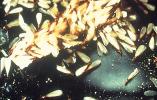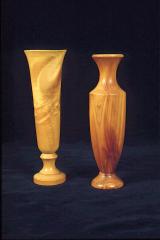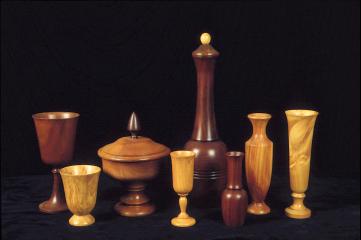|
|
About Face
Crisis Politics `96
|
|
Explore: Research at the University of Florida is published
each March and September by the Office of Research, Technology &
Graduate Education at the University of Florida. The magazine seeks to
inform readers about the economic and social benefits of the more than
$200 million in research being conducted by UF faculty and students
annually and to promote a greater understanding of the connection
between research, technology and graduate education. For more
information about the research program, contact Vice President for
Research Karen A. Holbrook, Ph.D., 223 Grinter Hall, Box 115500,
Gainesville, FL 32611-5500 (Phone: 352/392-1582). For details about
research highlighted in this issue, contact the editor or the
researchers directly.
The publication of Explore is not financed by state-appropriated funds. Opinions expressed do not reflect the official views of the university. Use of trade names implies no endorsement by the University of Florida. (c) 1996 University of Florida. For permission to reprint any part of this magazine, contact the Editor, Explore magazine, Box 115500, Gainesville, FL 32611-5500 (Phone: 352/392-1582). e-mail: explore@nervm.nerdc.ufl.edu Visit the Explore homepage on the World Wide Web: http://www.research.ufl.edu/publications/explore/ Editor: Joseph M. Kays Design: News & Public Affairs, University of Florida Printing: StorterChilds Printing, Gainesville
|
| ||||||||||||
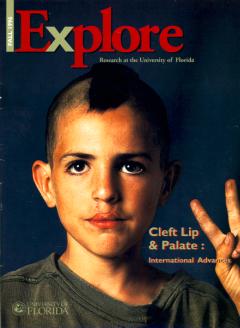
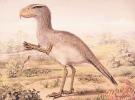
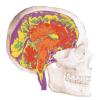 Beyond Bones
Beyond Bones Flashpoint
Flashpoint